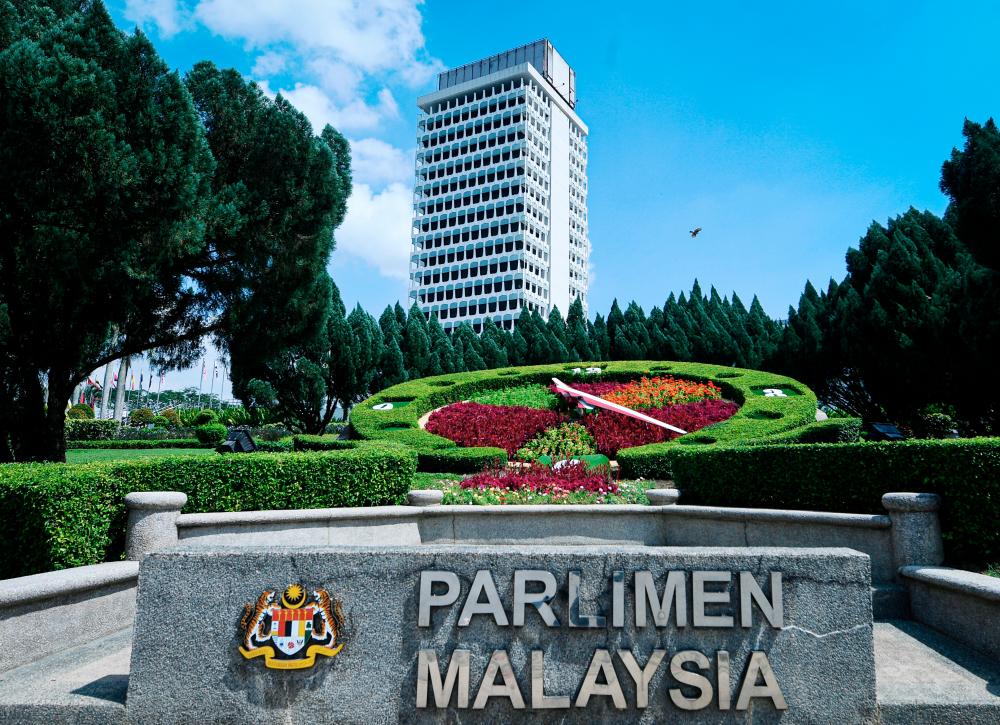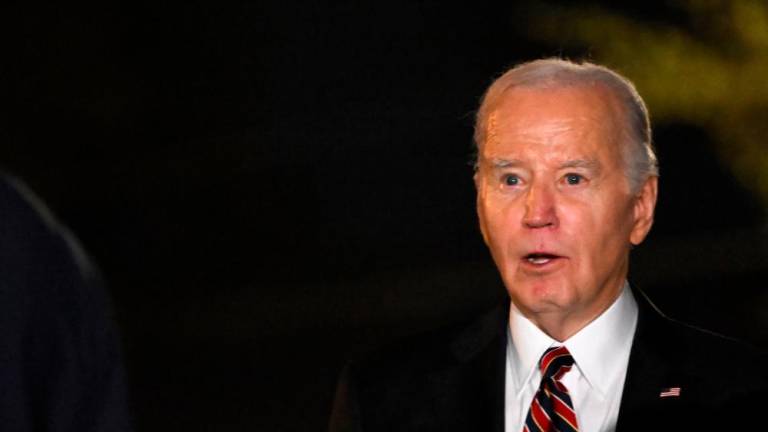PETALING JAYA: The prospect of a hung Parliament could likely become a reality after the 15th general election (GE15), as no single party would be able to win a majority in the 222-seat Dewan Rakyat. Hence, new alliances would have to be formed for a strong and stable government, said political analysts.
Nusantara Academy for Strategic Research senior fellow Prof Azmi Hassan said as political parties had decided not to work together before GE15, they would only look to form a coalition after the results of the elections are announced, unlike what happened in GE14.
He believes while Umno will likely win more than 40 seats and be the dominant party in Parliament, it would be unable to form a government on its own and would have to rely on Gabungan Rakyat Sabah and Gabungan Parti Sarawak to do so.
Azmi said Barisan Nasional will not work with Pakatan Harapan (PH) because of DAP and rejects Perikatan Nasional because of Bersatu, adding that it might try to attract PAS to join its coalition.
“The idea of which parties will be part of a coalition government remains elusive as it is not known which ones will win the most seats. This is because each political party has decided to go to the polls on its own.
“For PH, working with Parti Sosialis Malaysia will not offer many benefits but working with Muda would, as the majority of young voters can identify with Muda. Furthermore, the party does not carry the baggage that other political parties have.”
Azmi said post-GE15, no single party would have a majority in Parliament, and all parties would be forced into alliances to form a strong and stable federal government.
“The idea of backstabbing one another and threatening to pull support for one coalition or another has to end. Otherwise, it is the people who will suffer.”
Azmi added that if there is no strong and stable government, Foreign Direct Investment (FDI) will suffer due to a lack of stability even in policymaking, as there would be too much horse-trading, just to form a government.
“The people want a strong and stable government that will be able to deal with issues such as the high cost of living and inflation. They do not want a return to the days of a weak government, which was incapable of making the correct decisions to help them.”
Before the dissolution of Parliament, the country had gone through three administrations.
Universiti Tun Abdul Razak economist and political analyst Dr Barjoyai Bardai said many factors remain unknown, such as which parties will have the support of others to form a coalition government.
“Umno, as a single party, might have the biggest majority after GE15. But the number of seats it would be able to win remains unknown. The most likely scenario is that it might win more than 40 seats, while its partners in Sarawak and Sabah may win another 40 each.
“The current PH coalition made up of PKR, DAP, Amanah and Upko might win about 60 seats, but it would likely face difficulty attracting parties to join it to form a majority in Parliament.”
Barjoyai said as each party bargains and demands to be a coalition partner, the nation will suffer due to the lack of FDI.
“Investors just want a stable government with fixed and transparent policies, not one that will keep changing to suit the whims of one coalition party or another.”
He added that before Parliament was dissolved, the government was doing a good job in addressing inflation and cost of living issues.
“The only problem was the government lacked the courage to make long-term policies to tackle inflation. It should have instituted policies that would help increase salaries to above RM5,000 a month.
“But it didn’t, because long-term policies would take more than five years to materialise. This means the government would not have been able to show the public any immediate success.”
Barjoyai expressed hope political parties would realise that during their previous bout of fighting one another, it was the public who paid the price, with higher inflation and cost of living.
“This time around, they should put the public above their own interests when forming a coalition government.”













